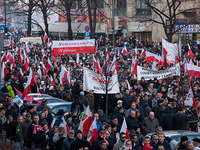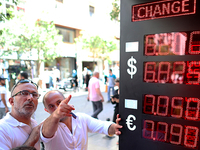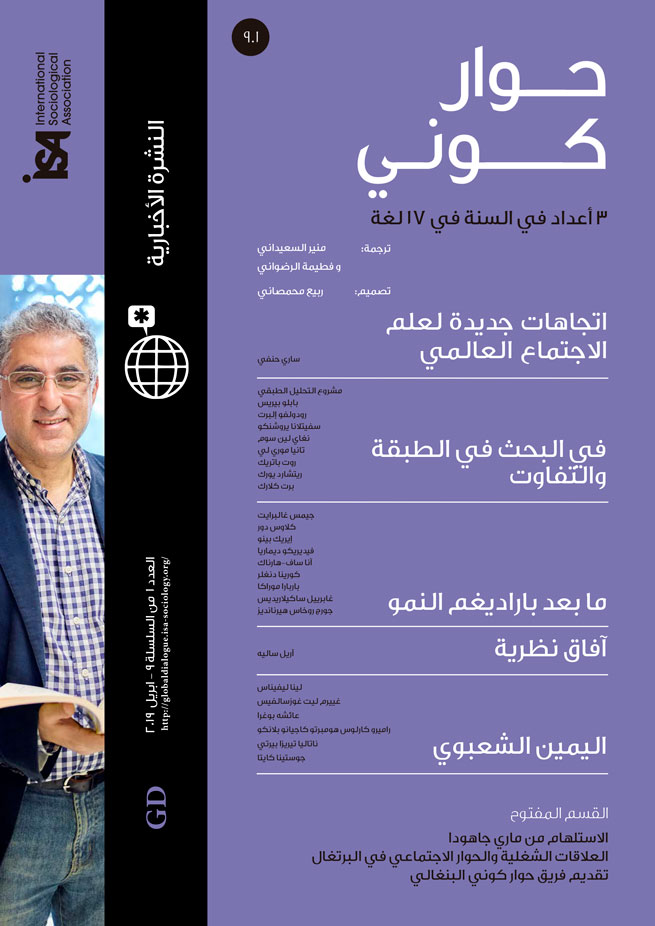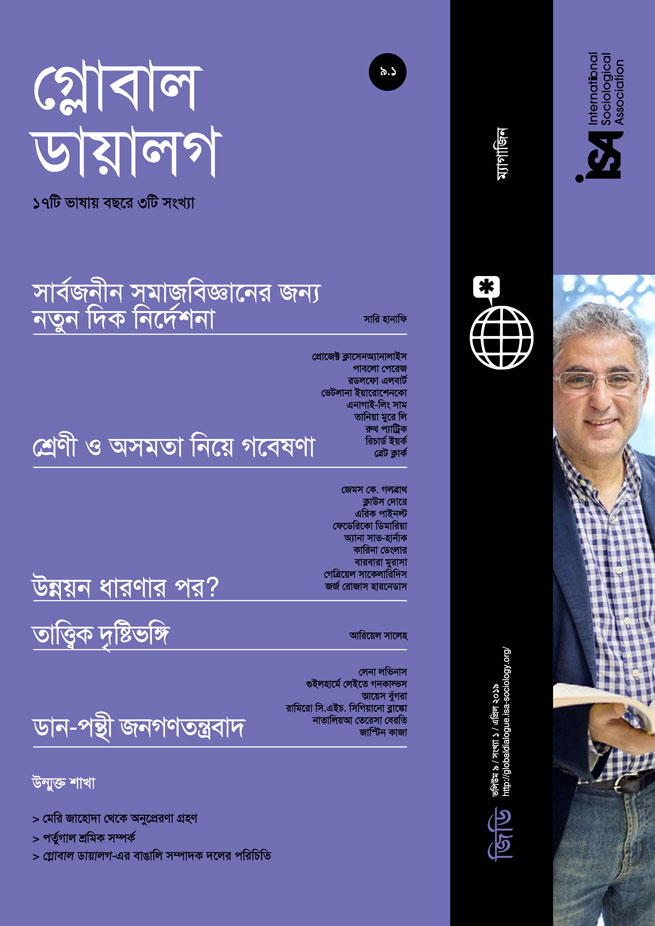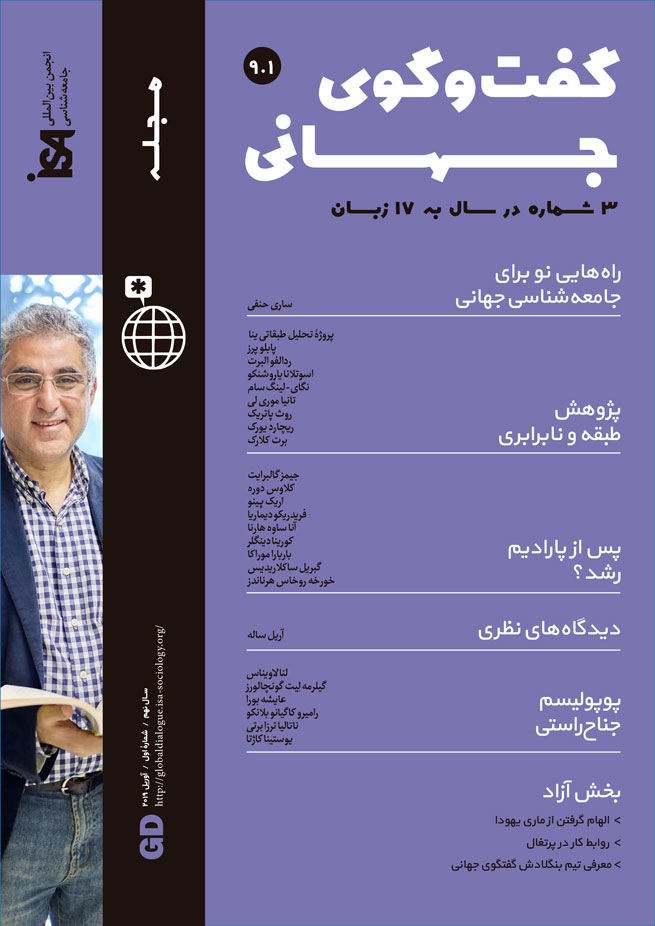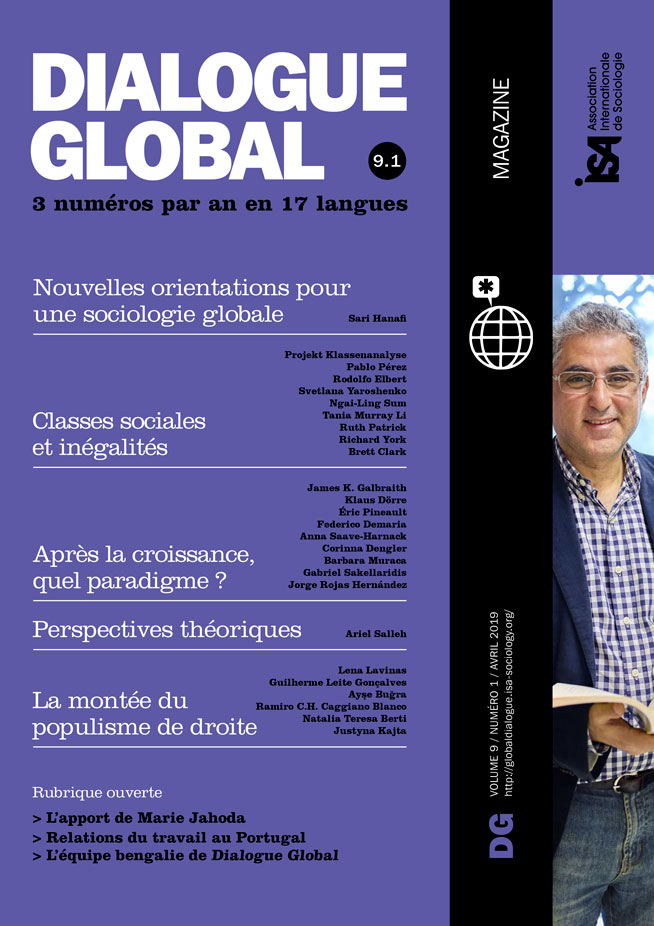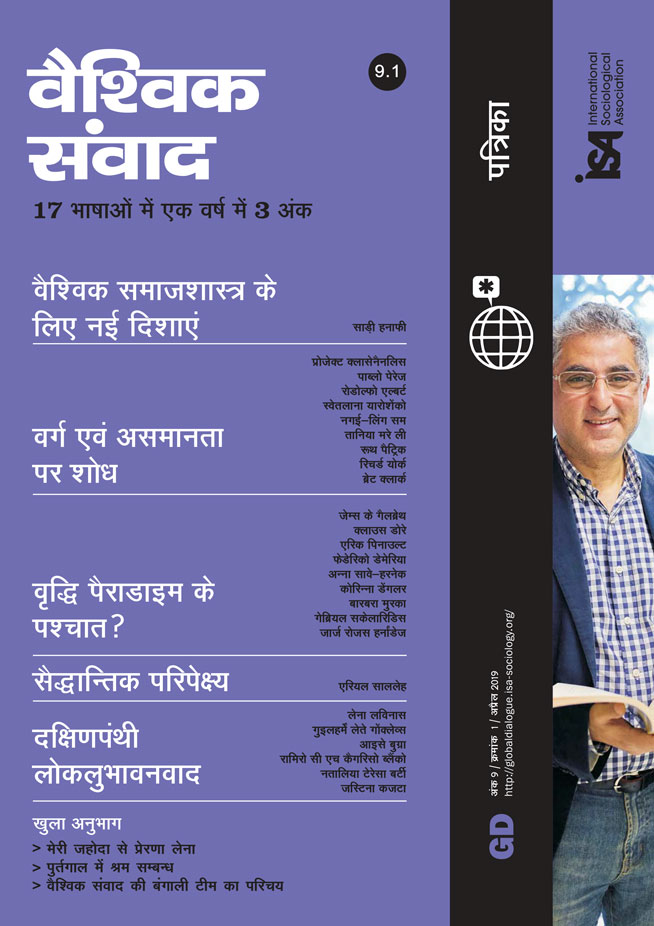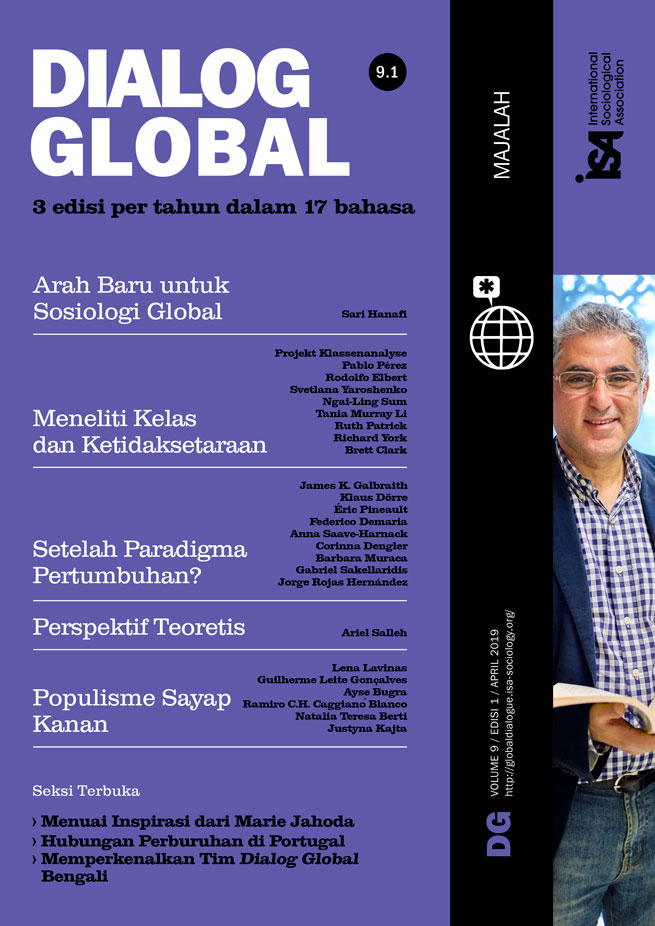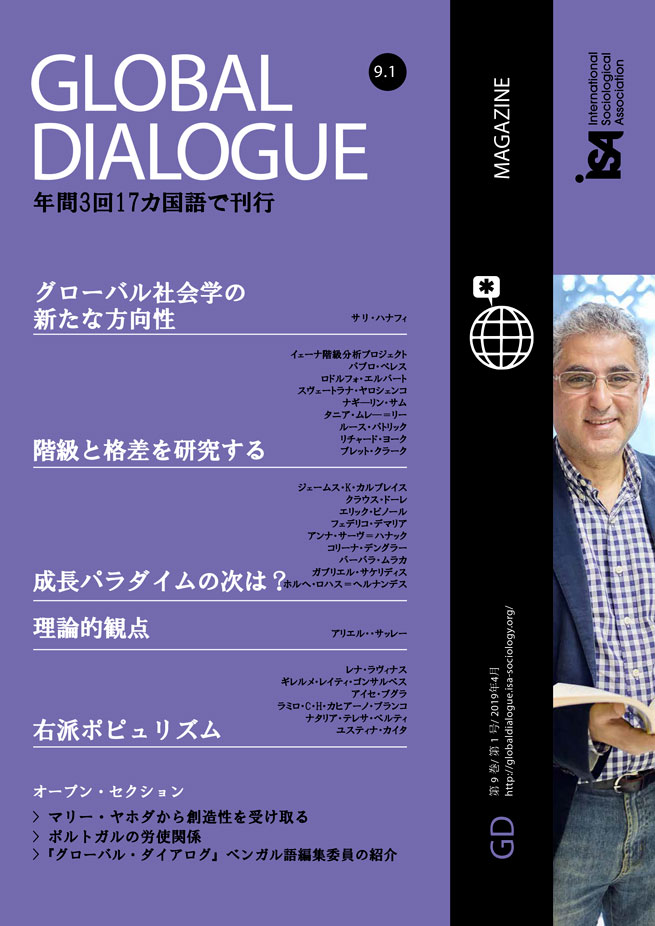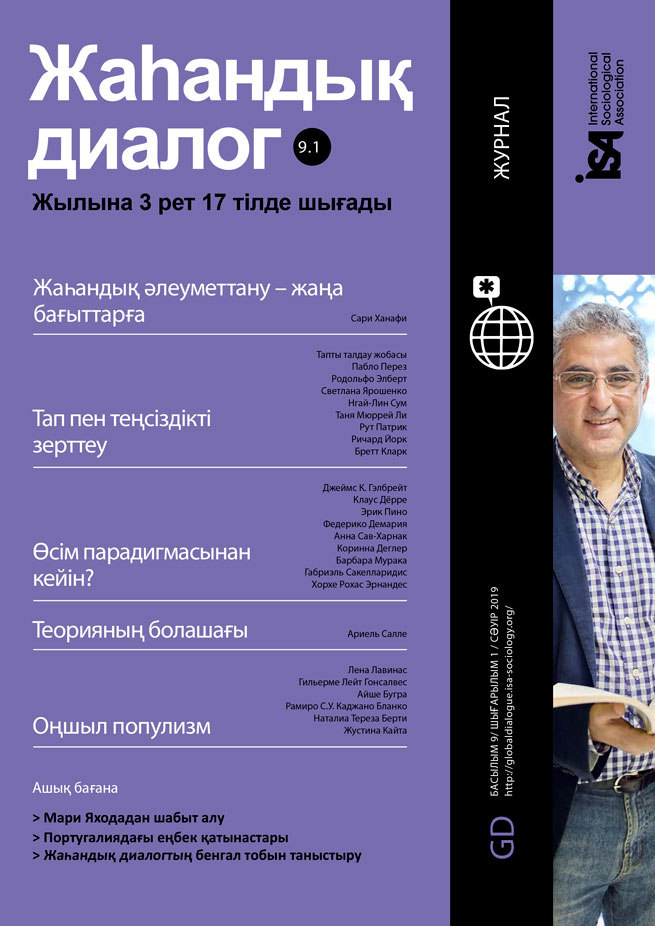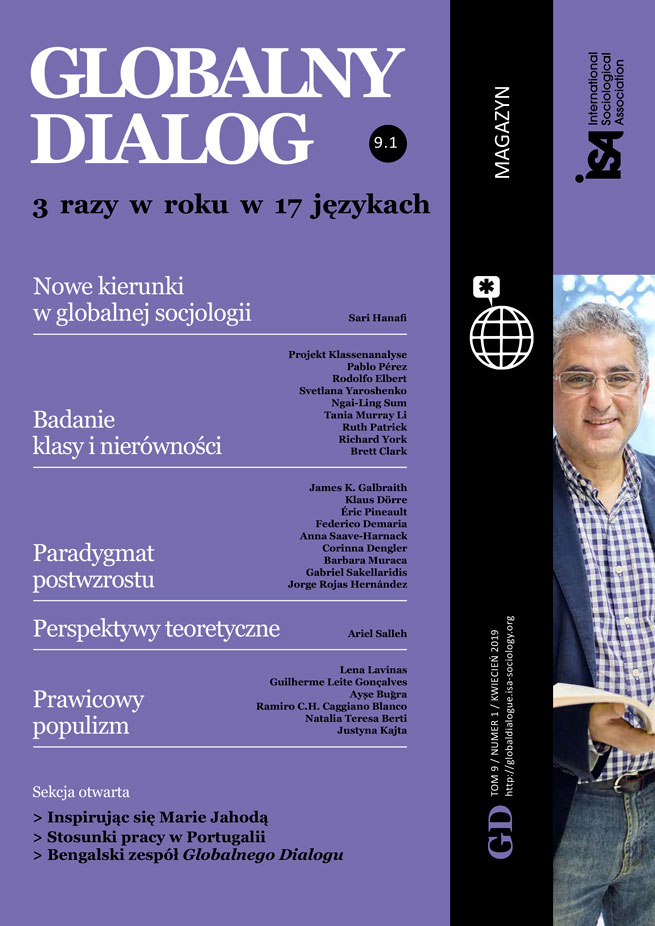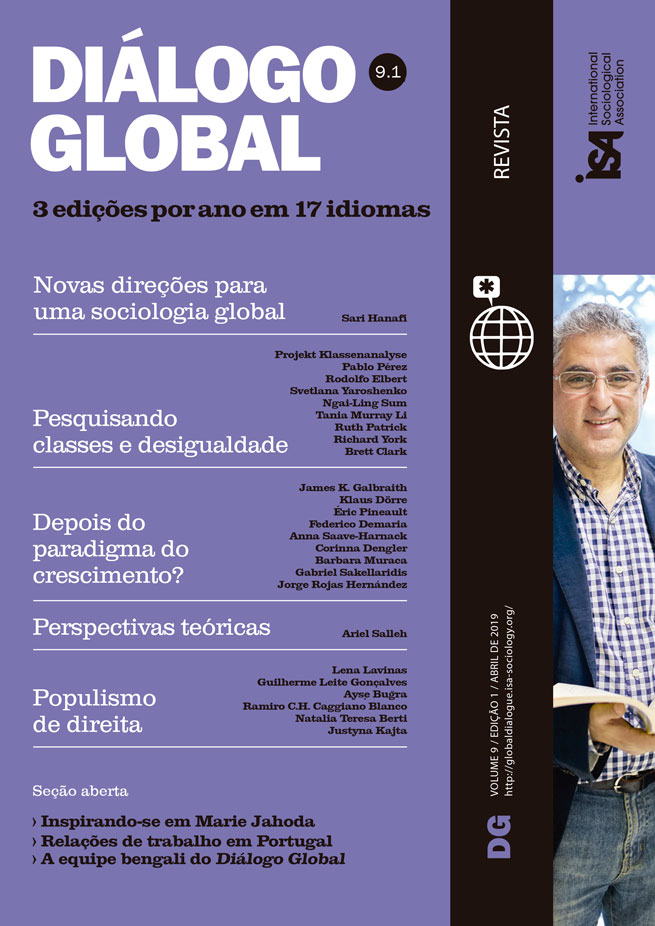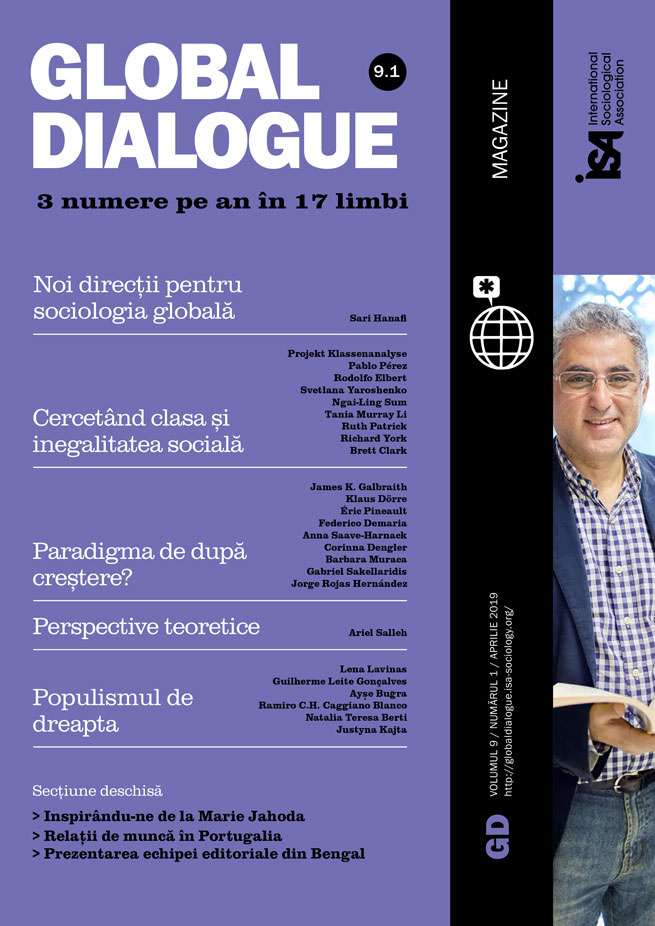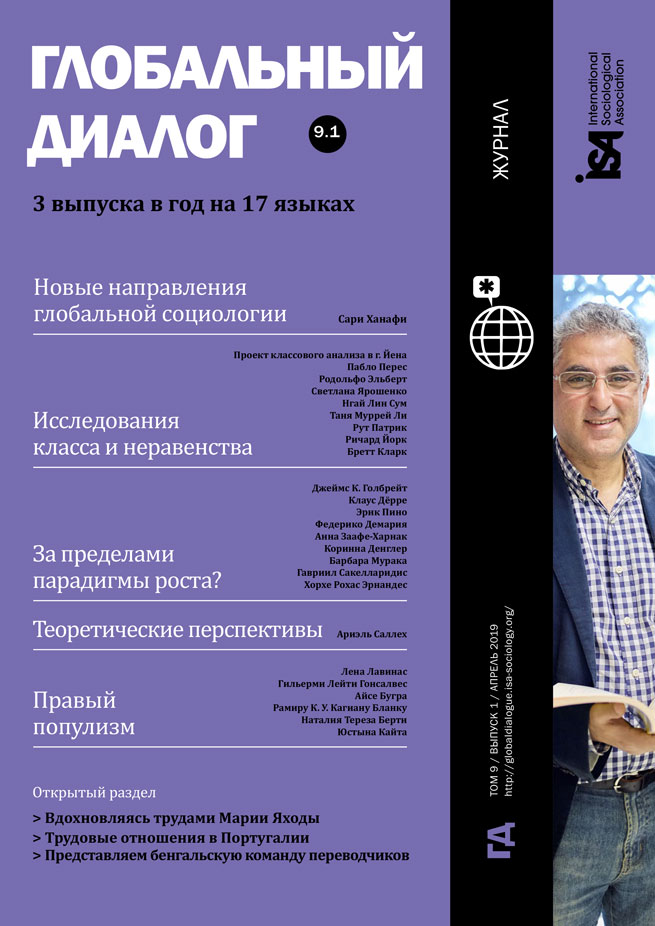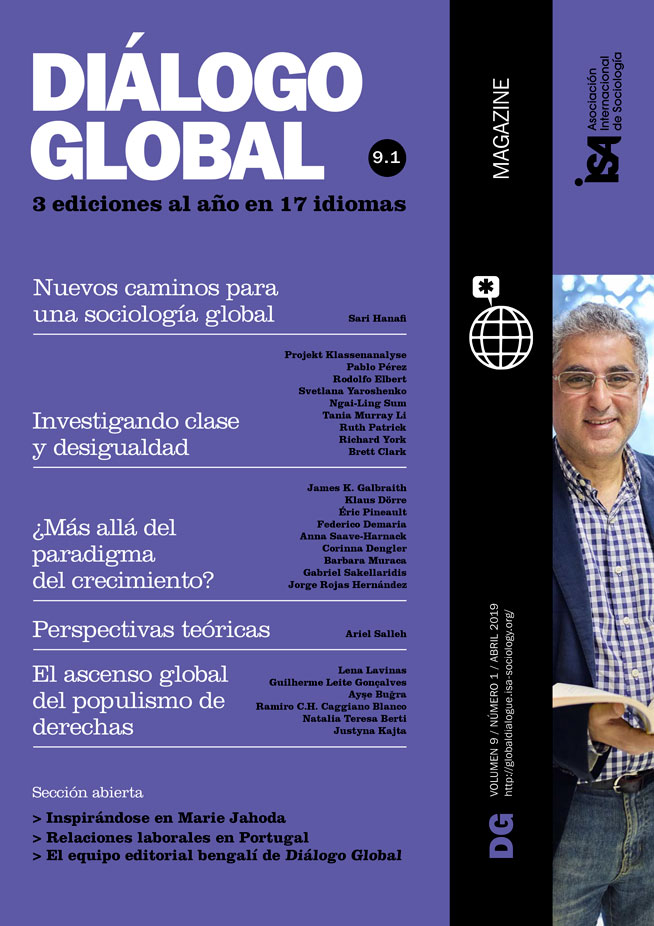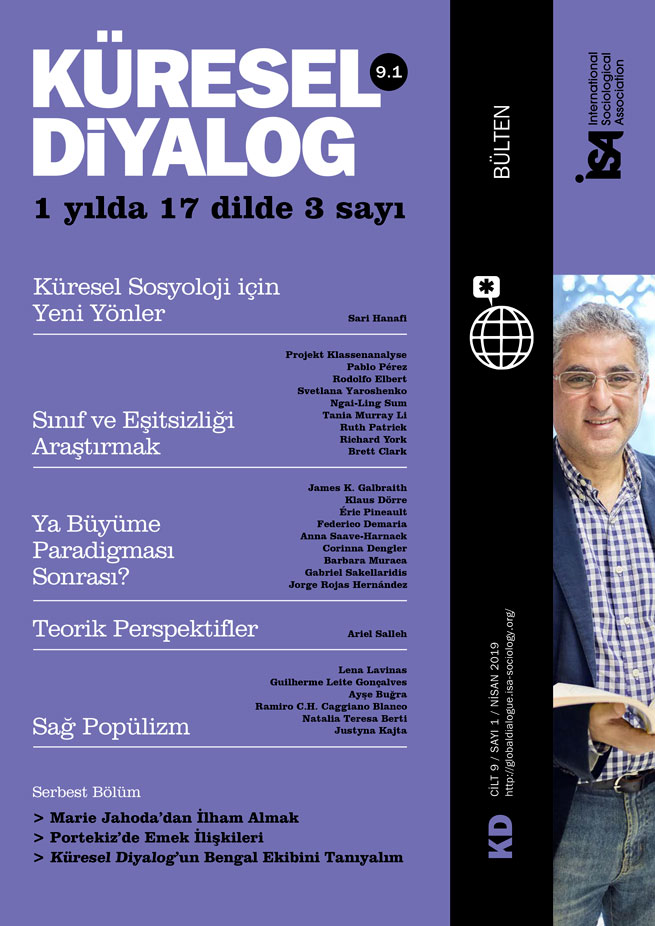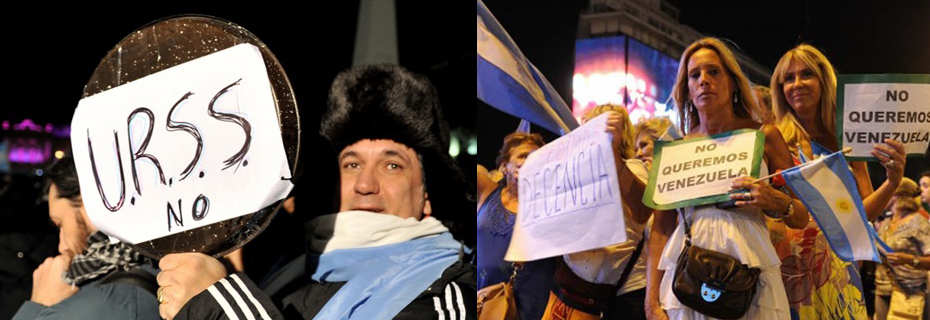The commodities boom of the 2000s enabled the governments of Argentina and Brazil to adopt policies of re-industrialization combined with social integration. These governments re-nationalized strategic companies, partially (re-)regulated the labor market, promoted a minimum income, strengthened public education, and supported housing loans, among other measures that allowed the growth of the middle classes and the overcoming of poverty for large sections of the population. However, the economic revival and the attraction of significant investment flows maintained the highly concentrated character of these economies. The 2008 crisis made evident the fragility of the privileges acquired by the middle classes. The same year saw the emergence of the authoritarian and excluding claims of the caceroleros in Argentina and paneleiros in Brazil (pot-banging protesters), which played an important role in the loss of support to Cristina Fernández de Kirchner and Dilma Rousseff, and the subsequent rise of right-wing populist governments.
In March 2008 in Argentina, the groups linked to grains exports initiated a series of protests and roadblocks in the face of a new tax modality which aimed at managing the imbalance between a highly competitive agrarian sector and various industries that were technologically lagging behind. The duration and widespread acceptance of the strikes in agricultural areas led some urban centers to the verge of food shortages.
This was the beginning of a series of “self-organized” demonstrations by sectors of the upper and middle classes in Buenos Aires, which expanded to other cities to the sound of pots and pans. Towards 2012 they became massive, but then gradually lost steam. These demonstrations, known as #13S #8N #18A #8A #13N and #18F[1], gathered diverse grievances – corruption and the lack of freedom, the universal child allowance, etc. – all of which were expressed with aggressive chants and posters against the president and the ruling party.
In May and June 2013 in Brazil, protest events in favor of free collective transport shifted their focus and became a middle-class protest against the World Cup and the precariousness of public services. In 2015 and 2016, protests reached almost all major Brazilian cities, shifting character and acquiring a significantly aggressive tone against both President Dilma Rousseff and the Workers’ Party, and the social policies promoted since 2002. These manifestations combined the call for Rousseff’s impeachment, fascistic positions of regeneration of the dictatorship, and public hostility towards the left. Numerous groups called directly for an “immediate military intervention.”
The middle and upper classes were demonstrating against the narrowing of the social gap that both governments were trying to achieve through anti-cyclical policies and regulation of the labor market. Small- and medium-size entrepreneurs rejected workers’ empowerment, and salaried classes rejected losing the privilege of having unregistered maids. At the same time, they associated social policy with the corruption of individuals and the state. They drew on the “theory of meritocracy” to normalize social inequalities and legitimize poverty as a personal failure flowing from laziness or lack of skills. This goes hand in hand with the “theology of prosperity” through which the Pentecostal churches state that effort is economically compensated by God, as well as with the “entrepreneurship” discourses.
This discontent, which began as a relentless condemnation, marked by Manichaeism and selectivity, of corruption – Kirchner’s in Argentina and the Petista’s (Workers’ Party) in Brazil – as a symptom of the “deviation of character” of the leaders, became a breeding ground for several kinds of fundamentalist theories. At the same time, a partial view was taken on who was actually involved in corruption, without questioning its structural character in both societies.
Fundamentalism is defined by the perception that there is a revealed truth that invalidates any possibility of debate. Anti-communist fundamentalism was reborn in Argentina and Brazil under the guise of antichavismo. The threat now is “Venezuelization” and “Bolivarianism” in general, understood as any attempt to tear down the foundations of “Western capitalism” and the “traditional family.” The anti-communist fundamentalists oppose the reduction of social and gender inequalities, which translates into hatred of the poor, feminists, gays, and blacks in Brazil and the villeros (shanty dwellers) in Argentina, all of whom are accused of being incompetent, ignorant, or venal.
This has opened the doors to the popularization of the ultraliberal ideology, inherited from the Austrian school, which, as the Brazilian social researcher Carapanã explains, is supported by two pillars: the “minimal state,” and the pacta sunt servanda according to which all rights are reduced to what is “freely” agreed by the parties. From there, a simplistic sui generis dichotomy is established that translates into: left-state-coercion versus right-market-freedom. The first sequence represents “equality” as a threat, while the second resignifies the concept of freedom as “absence of the state.”
The second moment in the construction of right-wing populism is the marriage of convenience between ultraliberalism and fundamentalist Christianity, in all its versions. The attack on the state is a common point of reference because while it “limits the scope of freedom,” it also reduces patriarchal authority through public intervention, even in private education. The alliance between NGOs defending ultraliberalism and the neo-Pentecostal churches was translated in Argentina and Brazil into a mix of attacks on social policy and state interference in the economy, condemnations of “gender ideology,” and accusations of “teachers’ indoctrination of students” in schools.
According to the Brazilian sociologist Camila Rocha, the success in the establishment of a subjective regime of hate, which prevents any possibility of analysis and democratic dialogue, can be explained by the effective use of new technological tools, the growing space that the hegemonic media granted to such ideas, and the capillary infiltration of traditional political organizations such as NGOs and political parties. Thus, consensus was reached against struggles that seemed to have been overcome with the return of democracy in both countries (Argentina in 1983, Brazil in 1986): the fight for human rights and the struggle against social inequality. And this consensus settled into these societies with a high dose of voluntarism, false postulates, fallacious simplifications, and endless “fake news.”
[1] Respectively: September 13 and November 8, 2012; April 18, August 8, and November 13, 2013, and February 8, 2014.
Ramiro Carlos Humberto Caggiano Blanco, University of São Paulo, Brazil <ramirocaggianob@gmail.com
Natalia Teresa Berti, Universidad del Rosario, Colombia <natalia.berti@urosario.edu.co>
